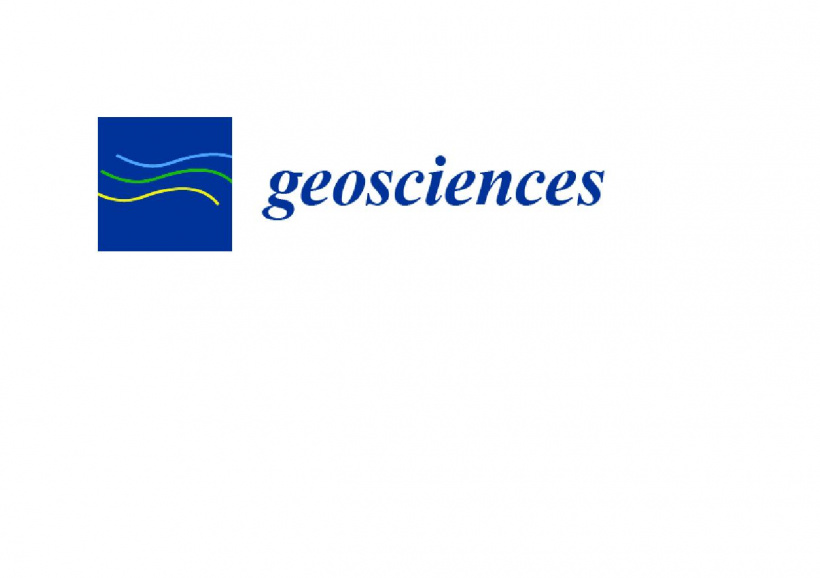Special Issue Editors
Guest Editor
Interests: data analysis; geostatistics; GIS; stochastic and numerical modeling; environmental systems; pollution control; natural hazards management; risk mapping
Guest Editor
Interests: Biogeochemistry and evaluation of the reuse of dam sediments; mining contamination; remediation methodologies; analytical geochemistry; behavior of metals and nutrients in aquatic systems
Special Issue Information
The accumulation of potentially hazardous or toxic chemicals in the sediments of freshwater and transitional aquatic systems, such as rivers, lakes, streams, wetlands, estuaries, and bays and its mobilization to the water column, goes along to represent a substantial risk to the health of aquatic ecosystems and human populations worldwide. Therefore, an economic growth challenge at a local and worldwide scale. Preserving the viability of these aquatic systems requires complex actions and, thus, mobilizing the Earth Science scientific community. The full scope of environmental topics is key for a holistic approach benefiting a diverse group of stakeholders.
This Geosciences Special Issue will open a wide debate on Earth and Environmental issues related to the Quality of Sediments and Water of Aquatic Systems. Therefore, research results, practical experiences, alternatives, and new approaches are very welcome.
This Special Issue welcomes innovative papers dealing with i) tools and techniques of particle-tracking studies and their applications in contaminated sediment’s transport and fate, ii) water–sediments interactions, iii) contaminant distribution, bioavailability, and uptake partitioning, iv) data mining and spatial modeling, v) characterization, assessment, and monitoring of emerging contaminants, vi) chemical/toxicological/biological measurements and monitoring of pollutants, vii) ecological and human health risk assessment, viii) climate change impacts on aquatic systems quality, ix) impact of mining and industrial activities on water and sediment quality, x) the role of stable isotopes, REE and other analytical techniques in monitoring the sources and fate of contaminants in sediments, and xi) remediation and restoration.
Dr. Teresa Albuquerque
Dr. Rita Fonseca
Guest Editors
Manuscript Submission Information
Manuscripts should be submitted online at www.mdpi.com by registering and logging in to this website. Once you are registered, click here to go to the submission form. Manuscripts can be submitted until the deadline. All papers will be peer-reviewed. Accepted papers will be published continuously in the journal (as soon as accepted) and will be listed together on the special issue website. Research articles, review articles as well as short communications are invited. For planned papers, a title and short abstract (about 100 words) can be sent to the Editorial Office for announcement on this website.
Submitted manuscripts should not have been published previously, nor be under consideration for publication elsewhere (except conference proceedings papers). All manuscripts are thoroughly refereed through a single-blind peer-review process. A guide for authors and other relevant information for submission of manuscripts is available on the Instructions for Authors page. Geosciences is an international peer-reviewed open access monthly journal published by MDPI.
Please visit the Instructions for Authors page before submitting a manuscript. The Article Processing Charge (APC) for publication in this open access journal is 1000 CHF (Swiss Francs). Submitted papers should be well formatted and use good English. Authors may use MDPI’s English editing service prior to publication or during author revisions.
More information here.

